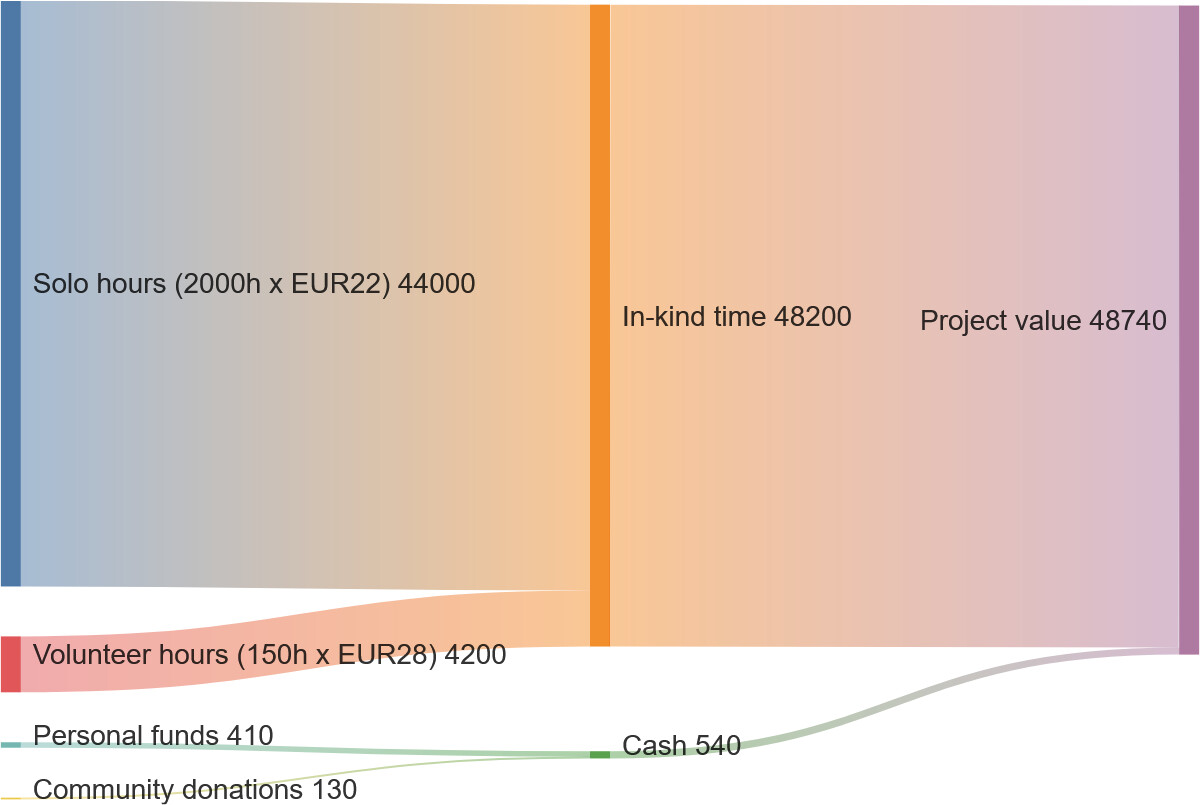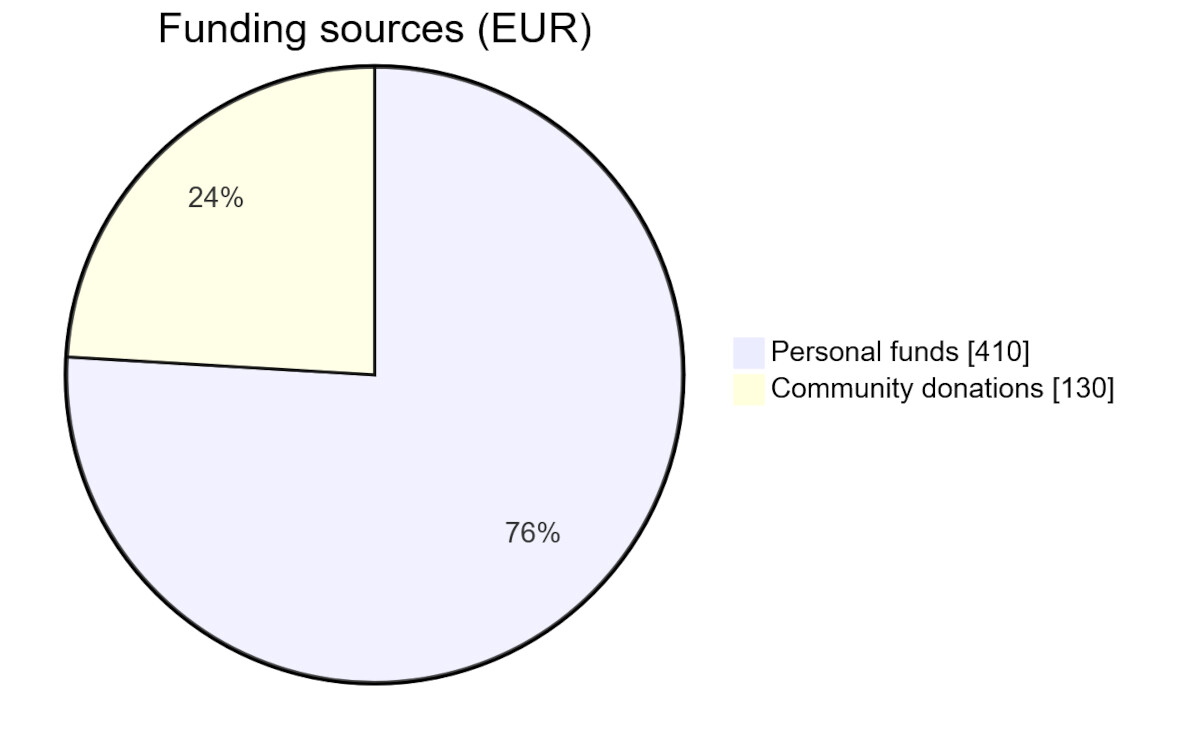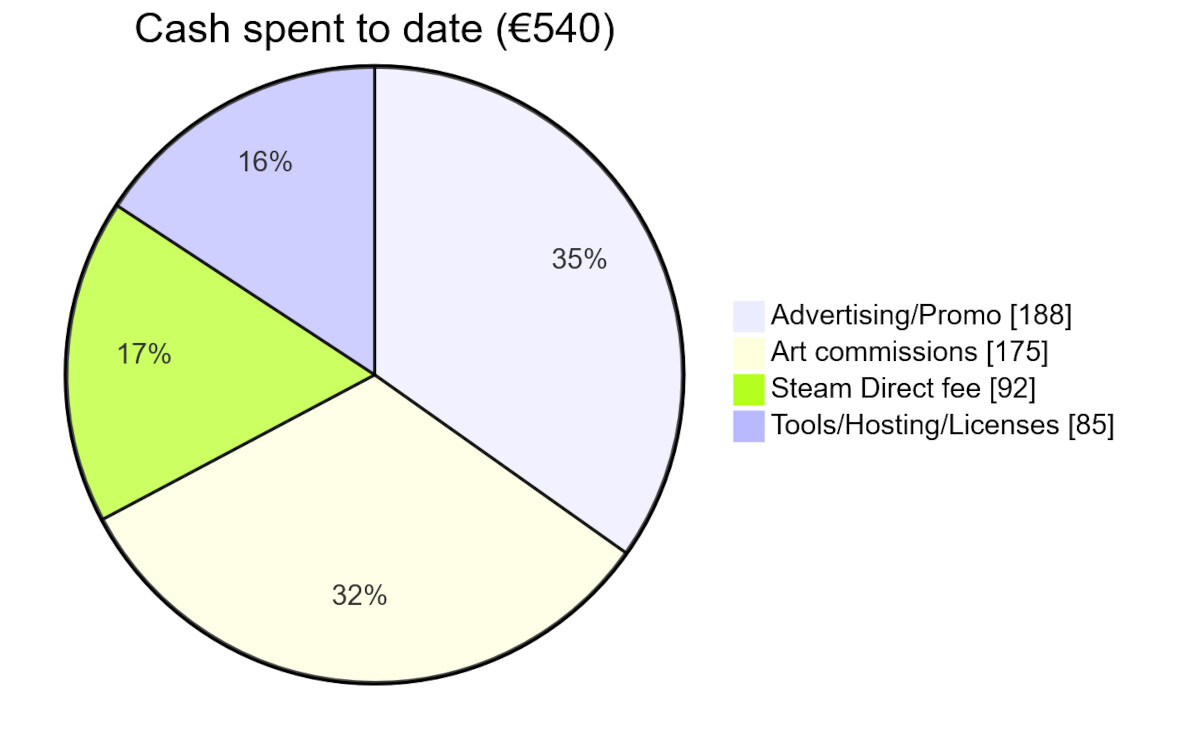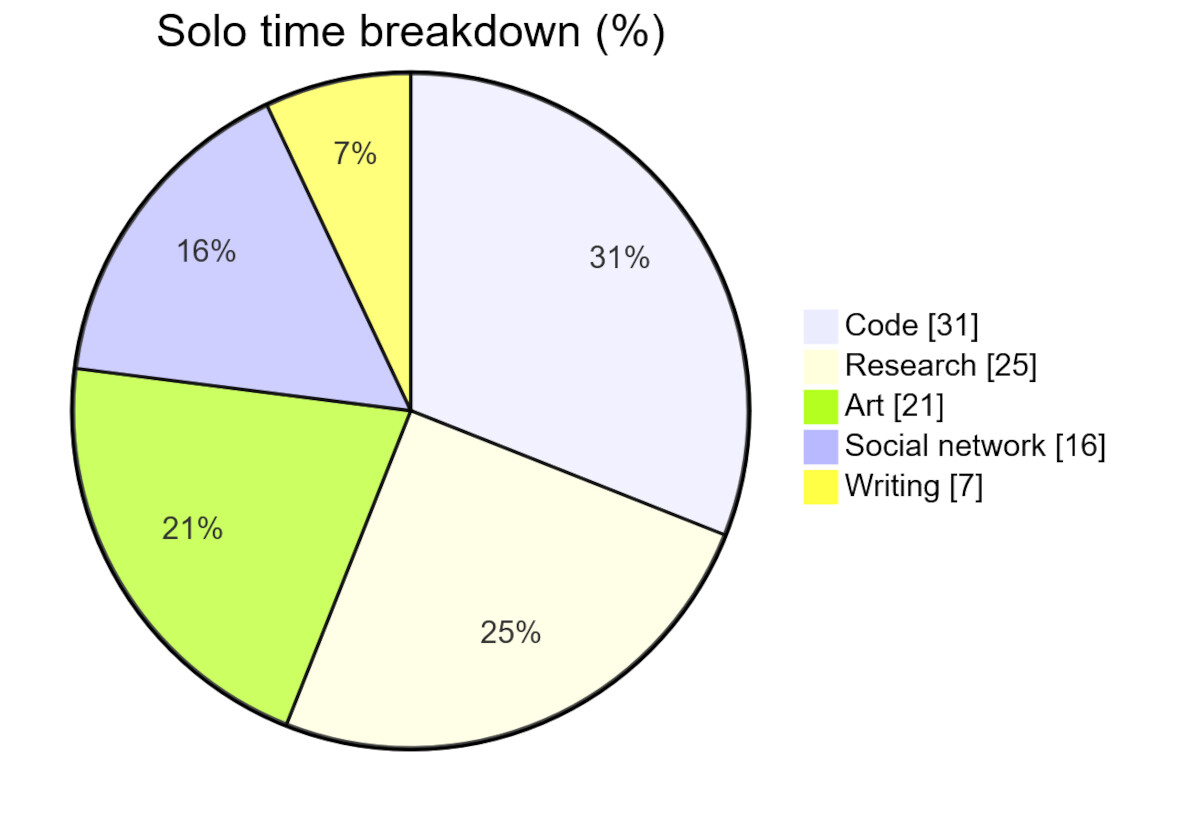Dev Log #1 – Why I’m Making a Roman RPG
10-July-2025
The vision behind Rod of Asclepius
A Roman RPG Rooted in History and Humanity
I believe that creating a historically grounded, educational Roman RPG is not only possible; it’s necessary.
With Rod of Asclepius, I set out to explore a lesser-seen side of Roman life. This first dev log shares why I started this project, and why I believe games can do more than entertain.
More Than War: Stories from the Edge of Empire
Most Roman-themed games focus on legions, conquest, and imperial politics. But the Roman world was full of ordinary people facing extraordinary challenges.
Life in the late Empire brought spiritual doubts, medical crises, and slow societal collapse. These stories deserve to be told; and games are an ideal medium for them.
In Rod of Asclepius, I’ve recreated Roman forts and settlements based on real archaeological findings from Pannonia (modern-day Croatia, near the Danube). I also rebuilt a Roman grave monument—the Lobor stele—and released it as a cinematic short.
This is not a game about war. It’s about healing, knowledge, and survival in the shadow of fading power.
Learning Through Play, Not Preaching
Rod of Asclepius teaches through systems; not lectures.
The gameplay revolves around Roman medical practice: herbal treatments, surgical tools, and healing rituals based on historical texts. Players gather herbs, uncover lost scrolls, and make tough choices while treating the wounded and caring for the dying.
A card-based mechanic lets you apply real ancient remedies. A branching journal system tracks discoveries. Dialogue trees reveal myth, medicine, and meaning through interaction; not exposition.
The result is an RPG where learning feels like play, not school.
A Solo Project, with Shared Roots
While I’m developing this game alone, I’ve had generous support from historians, archaeologists, Latin language experts, artists, and volunteers. Their insights help ensure the game respects both accuracy and cultural heritage.
Games can preserve memory. They can invite us into forgotten worlds; and help us make sense of our own.
Rod of Asclepius is my contribution to that vision: A Roman RPG about healing instead of conquest, and discovery instead of domination.
If that speaks to you, I’d be honored if you wishlist the game on Steam and follow the project as it grows.



